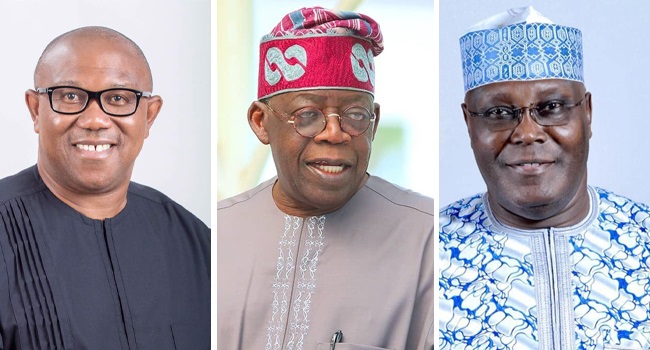By John Moses
A former Nigerian presidential hopeful, Chief Martin Onovo, has said that defeating President Bola Tinubu in the upcoming 2027 elections would be nearly impossible for any single opposition party, stressing that only a strong, unified front could challenge the ruling All Progressives Congress (APC).
Speaking in an interview with the News Agency of Nigeria (NAN), Onovo—who ran for president under the now-defunct National Conscience Party (NCP) in 2015—welcomed efforts by opposition leaders to form a strategic coalition ahead of the next general election.
“The idea of a coalition led by former Vice President Atiku Abubakar and other key figures is commendable,” he said. “A united minority is more powerful than a fragmented majority. If done properly, this coalition can win the 2027 election by a landslide.”
Onovo, now the Head of Policy Positions at the Movement for Fundamental Change (MFC), claimed to have played a central role in forming the largest political coalition in Nigeria’s Fourth Republic— the Coalition of United Political Parties (CUPP). He warned, however, that internal sabotage remains a major threat to such alliances.
“If the coalition stays united and avoids self-inflicted setbacks, the APC will find it extremely difficult to retain power,” he declared.
Assessing President Tinubu’s administration at its mid-point, Onovo expressed concern over the government’s performance, particularly in the areas of national security and basic service delivery. He urged the president to do more to alleviate the hardships facing ordinary Nigerians.
“The president must prioritise competence over political loyalty in his cabinet. We need professionals who can implement strategic reforms in the economy and security sectors,” he said. “Performance should never be sacrificed on the altar of loyalty.”
Onovo also criticised the government’s perceived lack of decisive action against corruption and rising inequality, which he argued were fuelling insecurity and social unrest across the country.
“There must be a more aggressive anti-corruption drive and a clear plan to reduce inequality. Without these, Nigeria’s progress will remain stalled,” he concluded.























